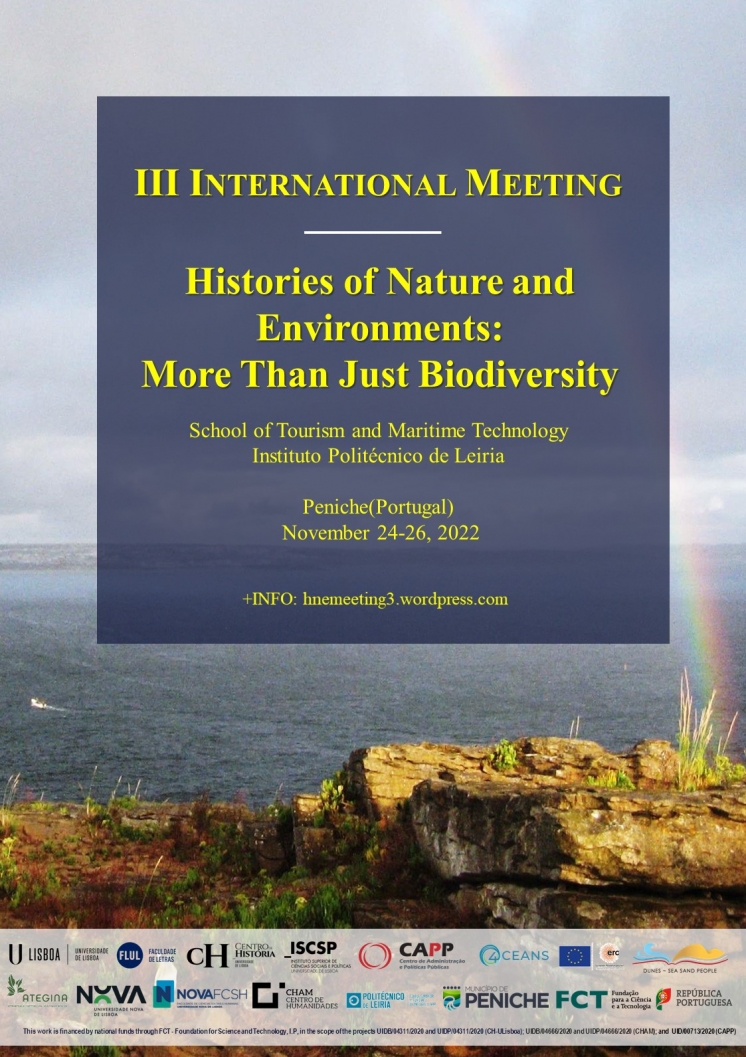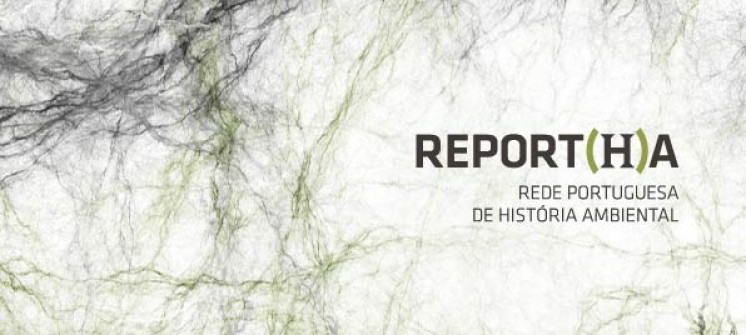News
Ana Isabel Lopes
La Flora de Bogotá: The Art and Science of Botany ca. 1800
La Flora de Bogotá: The Art and Science of Botany ca. 1800
Friday, December 2, 2022 at 6:00 pm
Public Lecture with Daniela Bleichmar
Registraton here: https://doaks-org.zoom.us/webinar/register/WN_35JJZfKETSyLbgN-PrD59g
Between 1783 and 1806, the Royal Botanical Expedition to the Kingdom of New Granada created thousands of stunning botanical paintings of South American flora. The expedition’s director, José Celestino Mutis, intended to publish one of the most lavish botanical works ever produced, a multi-volume Flora de Bogotá that would provide a complete botanical survey of the region. He assembled a painting workshop with dozens of artists, who worked for two decades to create unique images that combined art and science and proposed a new way to depict nature. This collection shows the connections between art, science, economics, and politics in botanical work around 1800.
III International Meeting Histories of Nature and Environments: PROGRAMME
Call: research project Fishing Architecture (FISH-A)
Call for Expressions of Interest
The research project Fishing Architecture (FISH-A), European Research Council Consolidator Grant reference ERC-2021-COG 101044244 (2022–2027), funded by the European Commission through the Horizon Europe Framework Programme, based at the Faculty of Architecture of the University of Porto (FAUP) in Portugal, is launching an open-ended selection procedure to create a pool of candidates from which it will recruit the research team for the interdisciplinary project. The call will remain open until 31 December
Postdoctoral Research Fellows in marine historical ecology
Interested candidates are welcome to contact This email address is being protected from spambots. You need JavaScript enabled to view it. with any questions.
Links below to the job profiles:
P84446 Convex Seascape Survey (deadline, 1 Nov)
P84424 OCEAN CITIZEN (deadline, 2 Nov)






